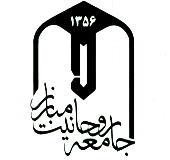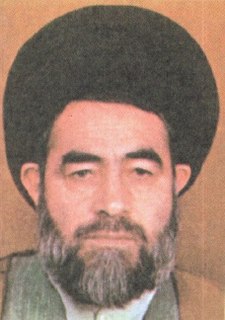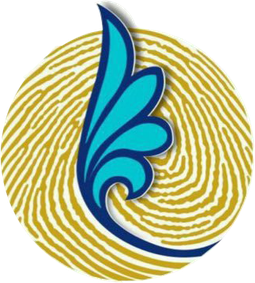| ||||||||||||||||
86 Seats in Assembly of Experts 56 seats needed for a majority | ||||||||||||||||
| Registered | 38,570,597 [1] | |||||||||||||||
| Turnout | 46.30% [1] | |||||||||||||||
| ||||||||||||||||
| ||||||||||||||||
The third Iranian Assembly of Experts election was held on October 23, 1998 to elect all 86 members in 28 constituencies. 17,857,869 citizens voted in the elections, marking a 46.3% turnout. [1]

The Assembly of Experts —also translated as the Assembly of Experts of the Leadership or as the Council of Experts— is the deliberative body empowered to designate and dismiss the Supreme Leader of Iran. However all directly-elected members after the vetting process by the Guardian Council still have to be approved by the Supreme Leader of Iran before gaining membership to the Assembly of Experts.
Coming a year after reformist Mohammad Khatami's 1997 presidential victory, there had been speculation that reform-minded individuals would do well in the 1998 race. However, the Guardian Council changed the rules. Previously, candidates had to demonstrate ijtihad, but in 1998 all potential candidates were also required to demonstrate a "proper political inclination". [2]

SeyyedMohammad Khatami served as the fifth President of Iran from 3 August 1997 to 3 August 2005. He also served as Iran's Minister of Culture from 1982 to 1992. He was a critic of former President Mahmoud Ahmadinejad's government.

The Iranian reformists are a political faction in Iran that support former President Mohammad Khatami's plans to change the Iranian political system to include more freedom and democracy. Iran's "reform era" is sometimes said to have lasted from 1997 to 2005—the length of Khatami's two terms in office. The Council for Coordinating the Reforms Front is the main umbrella organization and coalition within the movement; however, there are reformist groups not aligned with the council, such as the Reformists Front.

The Guardian Council of the Constitution is an appointed and constitutionally mandated 12-member council that wields considerable power and influence in the Islamic Republic of Iran.
Out of 396 individuals registered to run, 167 (36.86%) were qualified by the council. [1] 214 were disqualified, 13 withdrew and 60 of 187 invitees did not participate in ijtihad test. [3]
Ijtihad is an Islamic legal term referring to independent reasoning or the thorough exertion of a jurist's mental faculty in finding a solution to a legal question. It is contrasted with taqlid. According to classical Sunni theory, ijtihad requires expertise in the Arabic language, theology, revealed texts, and principles of jurisprudence, and is not employed where authentic and authoritative texts are considered unambiguous with regard to the question, or where there is an existing scholarly consensus (ijma). Ijtihad is considered to be a religious duty for those qualified to perform it. An Islamic scholar who is qualified to perform ijtihad is called a mujtahid.
The two leading clerical bodies of reformists, Association of Combatant Clerics and Assembly of Qom Seminary Scholars and Researchers did not issue any electoral list, protesting disqualification of their candidates by the Guardian Council. Other reformist groups did the same, including Mojahedin of the Islamic Revolution of Iran Organization. The only 2nd of Khordad-affiliated group that endorsed candidates was Executives of Construction Party. [3]

The Association of Combatant Clerics is an Iranian reformist clerical political party.

The Assembly of Qom Seminary Scholars and Researchers is an association of Shia Islamic clerics in Iran's religious capital of Qom.

Mojahedin of the Islamic Revolution of Iran Organization is a reformist political organization in Iran. It is a small yet influential organization, and participates in political activities similar to a political party. Historian Ervand Abrahamian referred to the group as "a circle of intellectuals and technocrats radical in economic policies but relatively liberal in cultural matters."







